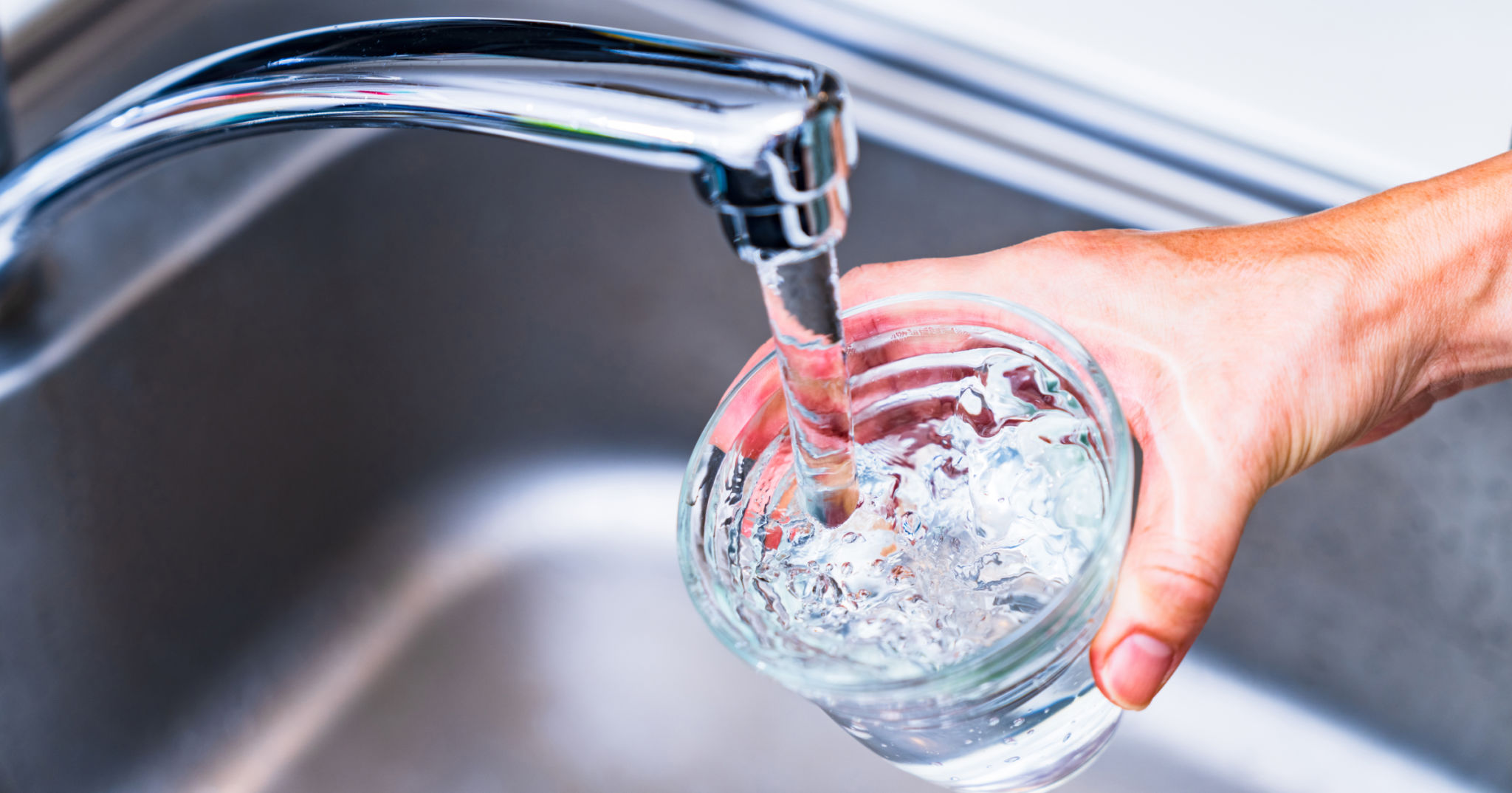Achieving Body Fat Loss: Top Strategies That Actually Work
Understanding Body Fat Loss
Achieving body fat loss is a common fitness goal for many, yet the process can often feel daunting and confusing. It's important to understand that losing body fat requires a combination of dietary changes, physical activity, and lifestyle adjustments. The key is to find a sustainable approach that works for you and your body.

Adopt a Balanced Diet
One of the most effective strategies for losing body fat is adopting a balanced diet. This means consuming a variety of foods that provide essential nutrients without excess calories. Focus on incorporating whole foods such as fruits, vegetables, lean proteins, and whole grains into your meals. These foods not only help in reducing body fat but also nourish your body.
Additionally, keeping an eye on portion sizes can prevent overeating. It's easy to underestimate how much we eat, so using measuring cups or food scales can be helpful. Consider keeping a food diary to track what you consume and identify areas for improvement.
Increase Physical Activity
Exercise plays a crucial role in burning calories and reducing body fat. Aim to include both cardiovascular exercises like running, cycling, or swimming, and strength training exercises in your routine. While cardio helps in burning calories quickly, strength training builds muscle mass, which increases your resting metabolic rate.

For those new to exercise, starting with moderate-intensity activities and gradually increasing intensity as your fitness improves is advisable. Consistency is key; aim for at least 150 minutes of moderate aerobic activity or 75 minutes of vigorous activity each week, along with muscle-strengthening activities on two or more days a week.
Stay Hydrated
Hydration is often overlooked in the quest for fat loss. Drinking water can boost your metabolism, cleanse your body of waste, and act as an appetite suppressant. When you're hydrated, your body operates more efficiently, contributing to better workouts and digestion.
Aim to drink at least eight 8-ounce glasses of water a day. If you find plain water boring, try infusing it with fresh fruits or herbs like mint or basil for added flavor.

Prioritize Sleep and Stress Management
Sleep and stress levels have a significant impact on body fat loss. Lack of sleep can lead to hormonal imbalances that increase appetite and cravings for unhealthy foods. Aim for 7-9 hours of quality sleep each night to support your fat loss goals.
Managing stress is equally important. High stress levels can trigger the release of cortisol, a hormone that encourages fat storage, particularly around the abdomen. Incorporating activities like yoga, meditation, or deep breathing exercises can help manage stress effectively.
Monitor Progress and Adjust
Tracking your progress is vital to stay motivated and identify what works best for you. Use tools like body measurements, progress photos, or fitness apps to monitor changes in your body composition rather than just focusing on the scale. Remember that muscle weighs more than fat, so the scale may not always reflect your progress accurately.
If you find that your current strategy isn't yielding results, don't hesitate to make adjustments. It might be necessary to tweak your diet or try new workout routines to overcome plateaus.

In conclusion, achieving body fat loss requires a comprehensive approach that includes healthy eating, regular exercise, adequate hydration, quality sleep, and stress management. By implementing these strategies consistently, you'll be well on your way to reaching your fitness goals and maintaining a healthier lifestyle.
